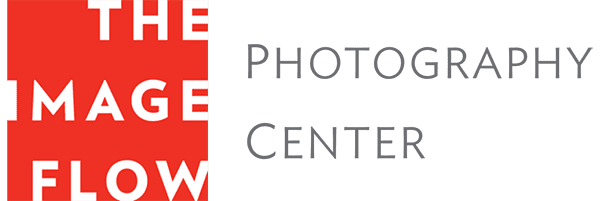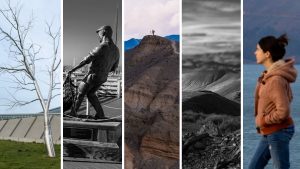
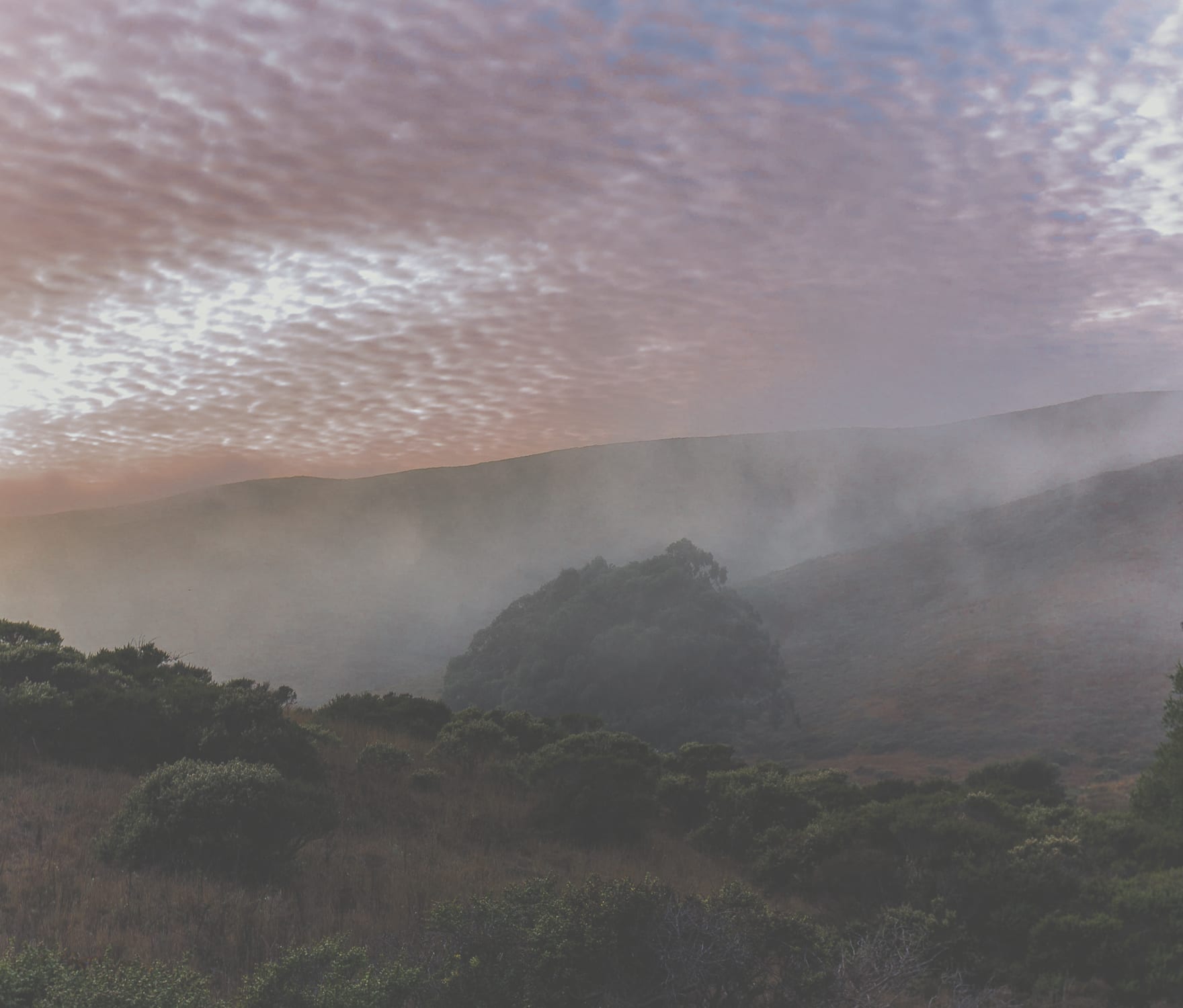
Liz Caroli is a recently retired teacher with a newfound passion for photography, but looking at her photographs, you might think she’s been shooting for a very long time. However, she bought her first “real camera” barely three years ago. She credits her rapidly improving skills behind the camera to hard work and the excellent teaching skills of the instructors at The Image Flow.
Her first initial impetus to pursue photography came during a trip to Belize. On a side trip to Half Moon Caye National Monument, Liz snapped a few shots of a flock of birds flying overhead.
“I had an old, little point-and-shoot camera. I didn’t know anything about photography at all,” says Liz. “When I looked at the pictures afterward, I realized that the birds were throwing a crab around in the air. It was so exciting,” she laughs.
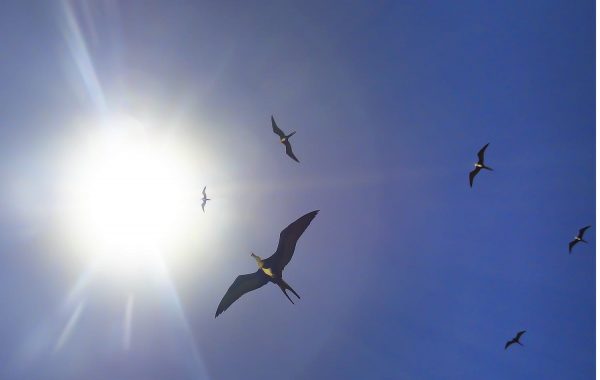
“So, when I got home, I bought a camera, a DSLR camera, and I walked into The Image Flow. They had an introductory workshop on how to use your camera and I signed up for it. Thinking about everything I knew I had to learn was daunting, but I love to learn.”
As her retirement approached, Liz continued taking photography workshops at The Image Flow and carried her camera to school every day where she shot in the wetlands during lunch.
“Now I’m devoting most of my time to photography. I really started from scratch so I’ve also had to learn editing programs and workflow, along with mastering camera skills,” she says.
Since then, she’s taken a wide variety of workshops, both locally and outside the U.S., from Camera Basics, to several landscape workshops with Hendrik Paul, to portraiture, still life, and architectural workshops, and a portfolio review. She even went to Cuba—twice—where she discovered the joys of street photography, but landscape photography with natural light is still her primary interest.
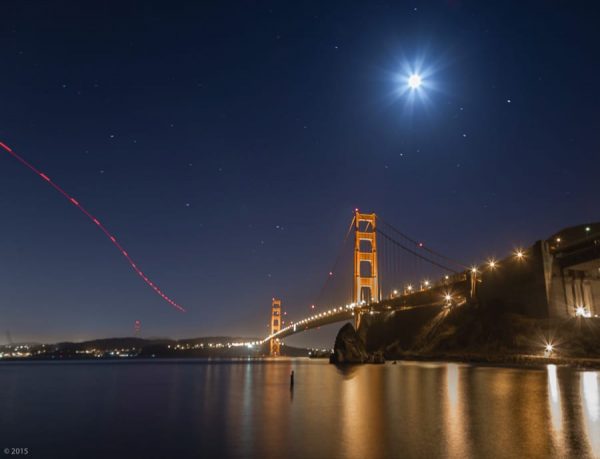
“I figured that no matter what workshop I took, I would learn something that was valuable to me, and I have,” says Liz.
Along the way, she says there have been several “light bulb moments” but one stands out in particular. It was in one of her first workshops at The Image Flow with Stuart Schwartz, perhaps only six months after buying her DSLR camera. The class was given an assignment that took her to Golden Gate Park.
“I drove over there about nine o’clock in the morning and I got what I thought was a really great picture. I brought it in and while providing critiques in the classroom, Stuart said, ‘You know, this is a good picture. I like some of the elements. What time did you go?’ I said, ‘Oh, I was there really early—I was there at nine o’clock.’ And he looked at me and he said, ‘Well, you should have been there earlier,’” she laughs.
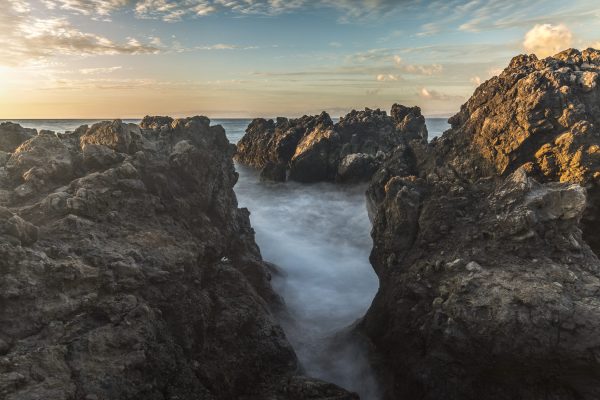
From that point on, she has aimed to take her pictures at dawn and sunset when the light is the most interesting, or on cloudy or rainy days for the drama the sky produces.
Liz lives near Tennessee Valley and has spent countless hours hiking with her camera and tripod, getting used to camera settings and experimenting with perspective and composition. “I always feel the happiest when I’m out hiking and taking landscape pictures,” she says.
Her early goal was just to become really competent with her camera and to understand all of the different elements that must come together to make a good picture. Now she’s working toward learning how to create a meaningful project with her photographs.
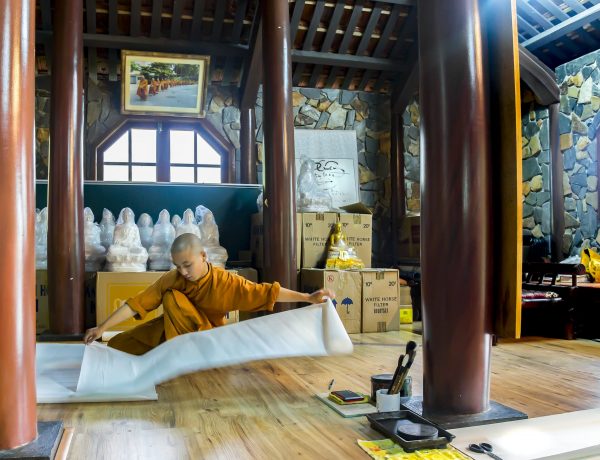
Her first project is to sift through thousands of images she’s taken in order to pull together a cohesive portfolio on Tennessee Valley.
“Things are changing right now in Tennessee Valley. The park service is moving out the horses that used to be on the trails, they’re taking down the barns, they’re closing the nursery, and I’ve been documenting that all along for the last three years in all of the different seasons, in the rain, in the sun, in the fog,” she says.
“I was out photographing a gigantic stump, which I think was hit by lightning because it came down. The tree had grown up over boulders and the exposed root system is just phenomenal … I’ve been out there so many times you’d think there’s nothing left to see, but there is. Every single day there’s something different.”
Her image collection will include not only global landscapes, but also the tiny details from the ground up, including lichen, rocks, flowers, trees, hills, and the ocean. Liz hopes to incorporate her photos in a book about Tennessee Valley that will include historic pictures of a dairy farm (prior to the takeover by the National Park Service) and the last family to live on the Tennessee Valley trail.
Liz is also looking at different ways to approach photography. “My goal is to show nature in a way that will resonate emotionally with people. I recently became interested in Rosamond Purcell’s work, which is incredible.” Purcell shoots compelling photographs of objects like rhinoceros teeth or a bat preserved in glycerin, which can be found in the back rooms at some of the world’s most prestigious natural history museums.
Purcell’s work is a far cry from Liz’s lush Tennessee Valley landscapes, except for one aspect: “She uses natural lighting, which I love. That’s what I tend to use the most of,” Liz says.
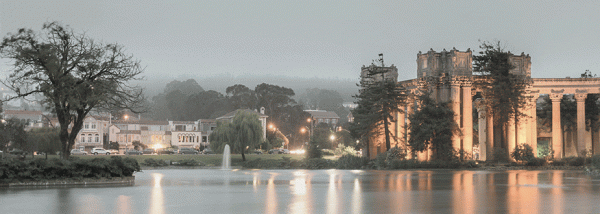
Liz is passionate about photography and has had inquiries about purchasing some of her work. “I’ve had various careers in my lifetime, but now I’m enjoying the creative aspect of photography.”
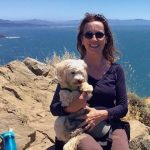 And she’s not done learning. Elizabeth’s next venture will be working one-on-one with Hendrik Paul—his nighttime landscape workshop is one of her favorites—ahead of a trip to the Grand Tetons and Yellowstone in September.
And she’s not done learning. Elizabeth’s next venture will be working one-on-one with Hendrik Paul—his nighttime landscape workshop is one of her favorites—ahead of a trip to the Grand Tetons and Yellowstone in September.
Until then, she’s always got her camera at the ready. “I’m out every day trying to perfect my skills and create a meaningful photograph.”
Visit Liz’s website to see more of her work, and be sure to follow her on Facebook and Instagram!

